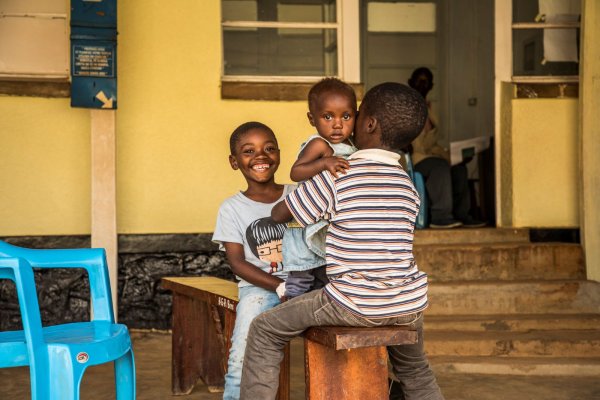New study to support WHO guideline changes
A new study which will help inform World Health Organization guidelines for treating children with Plasmodium vivax malaria has found that giving children higher doses of primaquine substantially reduced recurrences of malaria.

The new study, published in The Lancet Child & Adolescent Health, analysed the data of 3,514 children from 27 studies and 15 countries to determine the efficacy and safety of different primaquine dose strategies in children.
The analysis showed a higher total dose of primaquine as part of the radical cure of P. vivax reduced the risk of recurrences. In children with 30% or higher glucose-6-phosphate dehydrogenase (G6PD) activity, primaquine doses up to 0.5 mg/kg/day (for up to 14 days) were safe and well tolerated.
Plasmodium vivax is endemic in 49 countries and is becoming the predominant malaria species outside Africa. Between 5 and 14 million cases of P. vivax malaria occur each year. P. vivax and P. ovale are the only major malaria parasites infecting humans that can form liver stages (hypnozoites) that lie dormant for weeks to months after the initial infection, before activating to cause recurrent malaria episodes (relapses).
Primaquine is the only widely available treatment to prevent relapsing malaria and treatment is currently administered as tablets for all groups. The lack of paediatric formulation, and the safety concerns with the use of higher doses and in G6PD deficient people, have been some of the practical challenges for the wider implementation of primaquine. New paediatric formulations are currently being developed and this study will help to inform the optimal primaquine dosing regimen for children aged 15 and under.
First author Associate Professor Rob Commons said: “As with many antimalarials, primaquine has been under-dosed in children for many years. This study demonstrates the importance of a higher total primaquine dose to prevent recurrent malaria and will be important as new child-appropriate primaquine medication becomes available in the near future.”
“This manuscript demonstrates the potential of rapidly generating new knowledge to support the deployment of paediatric primaquine by pooling all available data, and bringing together those who generated these data in a WWARN Study Group”, adds Professor Karen Barnes. “This approach avoids the considerable costs and delay of conducting new studies in young children, who are generally underrepresented in most P. vivax and ovale studies.”
The systematic review included P. vivax efficacy studies published between Jan 1, 2000 to July 26, 2024, held in the WWARN malaria repository, with at least one treatment group that was administered primaquine over multiple days.
Read the full paper, Primaquine for uncomplicated Plasmodium vivax malaria in children younger than 15 years: a systematic review and individual patient data meta-analysis
Learn more about the Vivax and Ovale Paediatric Primaquine Efficacy Study Group

